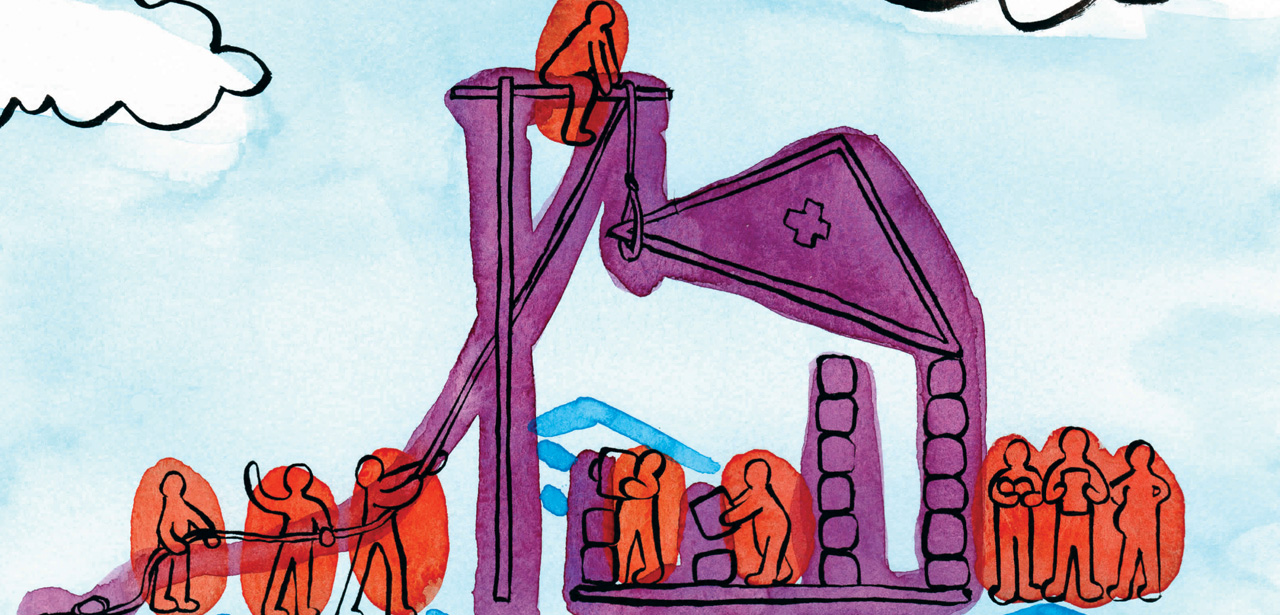BACKGROUND: Healthcare renunciation for economic reasons is a major health concern, but it has been scarcely investigated among drug users, even if drug users constitute a vulnerable population in need of medical care. This study investigated associations of healthcare renunciation for economic reasons and addictive behaviors (alcohol, tobacco, cannabis, illicit drug use, and gambling) in a population-based sample of adults living in France, a country with universal health coverage. METHODS: Data were collected using the 2014 Health Barometer, a French cross-sectional survey conducted among a random representative sample of the general population aged 18-64 (n=12,852). Measures included healthcare renunciation, substance use (alcohol, tobacco, cannabis, and other illicit drugs) and gambling. Experimental/recreational and heavy/chronic use were assessed. Logistic regressions were used to test the relationship between healthcare renunciation and addictive behaviors, controlling for relevant covariates. RESULTS: A total of 25% of the participants had renounced care at least once in the previous twelve months. Most variables of drug use were significantly associated with increased healthcare renunciation. This was the case for heavy/hazardous use and experimental/recreational use. Regular gambling was not associated with healthcare renunciation, but disordered gambling was. CONCLUSION: This study showed that addictive behaviors, including substance use and gambling, were part of the burden of vulnerability of people who forgo care. Therefore, drug use and gambling patterns should be a focus in the development of policies to reduce health inequalities, not only for heavy and chronic drug users.[résumé auteur]
Auteur : Baggio S., Dupuis M., Richard J. B., Beck F.
International Journal of Drug Policy, 2017, vol. 49, p. 1-7


